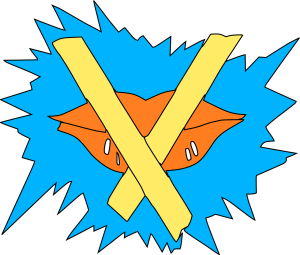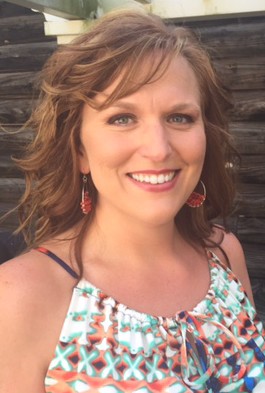
I grew up in the type of Christian environment where absolute submission was demanded. All aspects of life—church, school, home—reinforced the demand for obedience without question.
When children experience the demand for constant, unquestionable obedience, they are taught that they have no power, no ability to choose. The ones who instinctively know their power or somehow learn it outside these environments become labeled as rebellious, disobedient, or trouble makers. Often, even politely saying No to a request is deemed as selfish. Children who don’t know they possess internal power or don’t know how to use it, coupled with being people pleasers, certainly don’t want any of the afore-mentioned labels placed on them. While they may instead be labeled as the golden children for their obedience, they are in the perfect breeding ground to become victims who retain victim mentalities throughout their lives. I know because I became one of those people.
In a recent therapy session, I was relating to my counselor the number of victims I’d discovered while doing some generational research. She confirmed that victim mentality is often a pattern repeated through generations. This is not to say that those people were never victims. They were. I was. But when victims aren’t taught to develop and use their power, or worse, are taught to suppress their power (as is prevalent in fundamentalist environments), they remain victims. This makes them more vulnerable to further victimization, repeating the cycle and passing it on to future generations.
I remember the first time I said, No, (at which time I was already an adult) to a person who’d been an authority figure in my life. I felt a mixture of empowerment and fear because the person was clearly angry at my response. As an adult, I’ve wavered back and forth between empowerment and fear. More often than not, I’ve submitted to people-pleasing and ignoring my internal alarms. Looking back over my adult years, my lack of saying and enforcing No, coupled with not trusting my instincts, has landed me in some precarious situations, adding to my feelings of victimization and powerlessness.
I think part of my escape from church and all things religious was for me to learn how to say No, how to trust my instincts, and how to empower myself. The Christian denominations I was a member of taught that church leadership always had the final authority (especially when it came to women). I’m pretty sure this is the exact opposite of what Jesus came to do, which was to set people free … free to trust the voice and power within them. Isn’t that the crux of the Gospel—that Holy Spirit lives within people, empowering them? Whether you believe that Christian narrative or the idea that we are capable of saving ourselves, both assume that we have an internal power and that we are free to make choices, including saying No.
For most of my life, I have been a victim of my own imagined powerlessness. I have allowed myself to be used and taken advantage of in a number of ways because I didn’t want to appear selfish, because I thought other people’s feelings were far more important than my own, because I was afraid that saying No would cause people to be angry with me, because I was afraid of religious bullies. It’s taken a lot of therapy hours for me to understand that in almost any given situation, I have the power to choose and to act on that choice.
The two most important questions we can ask ourselves are: What do I want? What can I do about it? Once we know the answers to those questions, the bravest thing we can do is to act on them. That is empowering. That is freedom.


